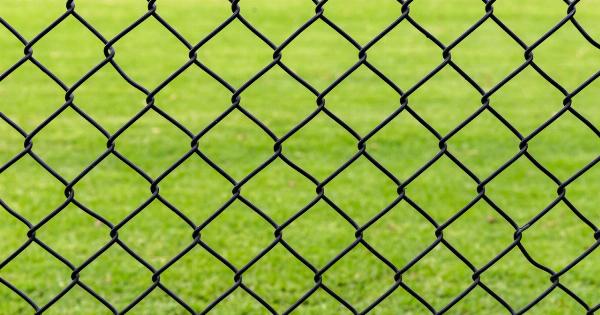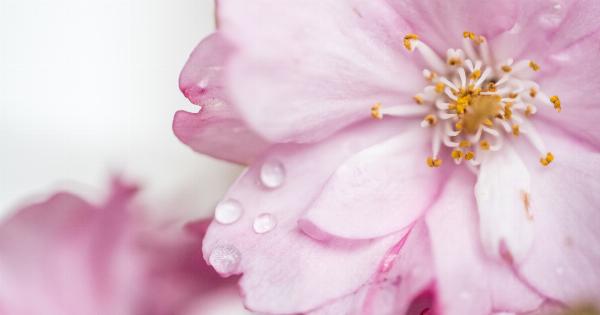Spring and summer are beautiful seasons heralded with blooming flowers and a surge in greenery in parks, gardens, and cities. However, they also come with one less celebrated phenomenon – allergic reactions.
Pollen is the leading cause of seasonal allergies, which are experienced by millions of people worldwide. Pollen is a fine powder that is released by plants as part of their reproductive process. When it gets into the nose or throat, the immune system perceives it as a foreign invader, and an allergic reaction is triggered.
Pollen Allergies: Symptoms and Diagnosis
The symptoms of pollen allergies are diverse and include sneezing, runny nose, itchy eyes, throat, and ears, and nasal congestion. In some cases, pollen allergies lead to asthma, which entails chest tightness, wheezing, and difficulty breathing.
If you experience any of these symptoms, even mild ones, and especially during spring or summer, it is advisable to see a doctor. Diagnosing pollen allergies involves a physical exam and assessment of medical history and symptoms. Skin tests and blood tests may also be conducted to confirm allergy triggers.
Strategies for Battling Pollen Allergies
Since pollen allergies are a common seasonal occurrence, it is essential to develop and implement strategies to manage and minimize allergic reactions. Here are some strategies for battling pollen allergies:.
1. Check Pollen Levels
Before you venture outside, check the pollen count in your area. The pollen count is usually high during the early morning and on dry, windy days. Limit your outdoor activities during these times and choose days that are wet or cloudy to go out.
Several websites and apps can provide you with up-to-date pollen count information.
2. Use Air Purifiers and Filters
Indoor air can harbor pollen and other allergens that trigger allergic reactions. Thus, using air purifiers and filters in the home and office is an effective strategy for reducing exposure to pollen.
There are many different types of air purifiers, such as HEPA filters, that trap pollen and other airborne allergens. Make sure to clean and replace filters regularly.
3. Create a Pollen-Free Zone
You can create a pollen-free zone in your living space by shutting windows and doors during high pollen activity and using air conditioning.
You can also remove your outdoor clothes and shoes before entering your home to reduce the amount of pollen in your living space. Vacuuming, dusting, and washing clothes and bedding frequently also help minimize pollen buildup in the home.
4. Wear Appropriate Clothing
Wearing appropriate clothing when going out can minimize exposure to pollen. Wear hats and sunglasses to protect your eyes, and a mask to cover your mouth and nose when you are outdoors. Wearing long-sleeved clothes and pants are also recommended.
After coming indoors, remove your outdoor clothes and shoes to avoid spreading pollen in your living space.
5. Rinse Your Nose and Eyes
Rinsing your nose and eyes regularly can help remove trapped pollen and reduce allergy symptoms. Use saline nasal sprays or rinse kits to clear pollen from your nostrils, and use eye drops to soothe and flush your eyes.
Nasal irrigation can be done using a neti pot or squeeze bottle. Always follow instructions on the products carefully.
6. Avoid Trigger Foods
Some people with pollen allergies may experience cross-reactions after eating certain foods. These are known as oral allergy syndrome (OAS), where the immune system mistakes proteins in food for pollen.
If you experience OAS, avoid trigger foods like fruits, vegetables, and nuts that have a similar protein structure to pollen. Cooking the trigger food may also help reduce reactions.
7. Seek Medical Advice
If your allergies persist or become severe, seek medical advice. Your doctor may recommend over-the-counter or prescription medications that can alleviate symptoms, such as antihistamines, decongestants, and allergy shots.
It is essential to follow your doctor’s instructions on medication use and dosage.
Conclusion
Seasonal allergies can be annoying and disruptive, but they can be managed through proper strategies and medical advice. If you experience pollen allergies, it is essential to take steps to manage your reactions and take care of your health.
Check pollen levels, create pollen-free zones, wear appropriate clothing, rinse your nose and eyes, avoid trigger foods, use air purifiers and filters, and seek medical advice if necessary. With these strategies, you can enjoy spring and summer without the discomfort of pollen allergies.































